 The Chairman of the OPEC Board of Governors for 2025 has called on Nigerian oil producers to prioritise domestic refining and value creation instead of exporting raw crude.
The Chairman of the OPEC Board of Governors for 2025 has called on Nigerian oil producers to prioritise domestic refining and value creation instead of exporting raw crude.
Speaking on Wednesday at the Nigerian Association of Petroleum Explorationists Pre-Conference Workshop in Lagos, Adeyemi-Bero, who is also the Chief Executive Officer of First Exploration & Petroleum Development Company, said the country must move away from decades of crude exports and focus on retaining value within the local economy.
He said, “We’ve been an oil and gas exporting country. We produced oil; once there was oil, we put it in a tank and sent it abroad. 40 or 50 years later, people blame Shell and others, but I don’t. They are businesses looking for feedstock for their industrialisation. If you give it to them, they’ll still take it.”
Adeyemi-Bero argued that Nigeria had a responsibility to develop its energy resources locally and use them to drive industrial growth, rather than depend on foreign markets.
According to him, President Bola Tinubu would have returned fuel subsidies if the Dangote refinery had not been there to produce fuel locally.
”Just look at the impact the Dangote refinery has had on foreign exchange and gross domestic product growth. You can imagine if that had happened 50 years ago. If the president had said, ‘I’m cancelling subsidies, and I’m not going to allow multiple exchange rates,’ and we didn’t have the option of having petroleum products in this country, I’m sure he would have changed his policies and gone back to subsidies. It’s as simple as that. Let’s not over-aggregate.
This message is saying, We need to decline exports,” Adeyemi-Bero said.
He spoke further that, “If you go to Saudi Arabia today, if you go to the UAE, if you go to Qatar, if you go to Malaysia, if you go to Brazil, they are expanding the value chain and keeping it in their space. Now, one man built a refinery; we fought him, we argued with him. But the impact of that Dangote refinery on our GDP and foreign exchange is big.”
He added that local refining and crude utilisation would also help stabilise the naira and strengthen the nation’s economy.
“If we can sell some oil in naira, let’s do it if it works for both parties. The strength of the naira is what it commands in trade. This is why nobody wants the naira outside this space, but the day you can pay for oil in naira because both parties agree, it strengthens the naira,” he said.
Adeyemi-Bero stressed that Nigeria must deliberately reduce its dependence on exports and focus on value creation to avoid future economic decline.
“We need to decline exports. All of us like to sell, but the person that will buy from us will be willing to buy at the right price. ‘I’m investing in dollars, so don’t come and buy in naira. If I invest in dollars, then pay me in dollars.’ But we could make that happen,” he stated.
He warned that failure to change course could be costly, saying, “We need to shift from being export-driven to value-driven. If we don’t do this over the next decade, we have failed.”
The OPEC Governor also called for renewed commitment among local operators, noting that international oil companies had already played their part.
“The internationals have done their bit. But I do think that God also decided to hand over to Nigerians. ‘They’ve started it; now let me give it to the owners to make it happen,” he said.
Adeyemi-Bero emphasised that the oil and gas sector remained central to achieving the country’s economic aspirations, including its $1tn economy target.
“Nigeria wants to be a $1tn economy. Let’s not worry about where we are today. Is it possible? Yes. Who is going to make it possible? We have a responsibility, probably the primary responsibility, to drive that energy. Energy access and security is a must,” he declared.
He further noted that energy-led growth was essential for national development, saying, “The oil and gas sector can enable that to happen. Because without electricity, without fuel, the economy is not going to grow. So we have a responsibility.”
Adeyemi-Bero urged industry players to take ownership of Nigeria’s energy future, stressing, “The baton has been placed in our hands. We can have oil and gas like the UAE, Saudi Arabia, or Qatar, small nations punching their weight through their resources. We must use ours to step up as a country.”
Earlier in his welcome remarks, the President of the Nigerian Association of Petroleum Explorationists, Mr Johnbosco Uche, said the pre-conference workshop was a vital part of the association’s annual conference and a platform for industry leaders to deliberate on critical sector issues.
Uche explained that this year’s conference theme, ‘Revitalising the Nigerian Petroleum Exploration and Production Strategies for Energy Security and Sustainable Development’, reflected the urgency of the times and the need for collective industry action.
He said the country must work to increase production to meet its national target while ensuring long-term sustainability.
“In the near term, we need to increase production. The country is pushing to hit the three million barrels per day target. We have to push it to that three million target. But most importantly, sustaining that production is also key,” Uche stated.
The NAPE president underscored the role of explorers in achieving this objective, adding that maintaining technical excellence was vital for the industry’s survival.


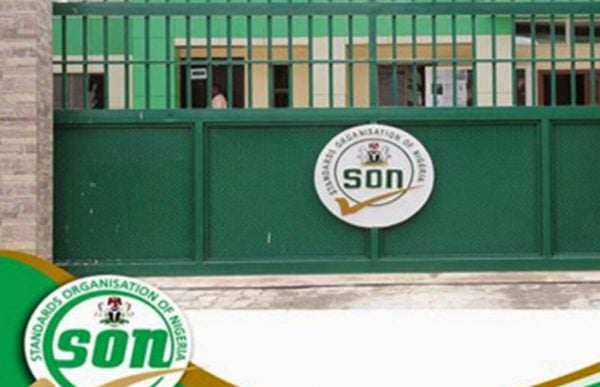
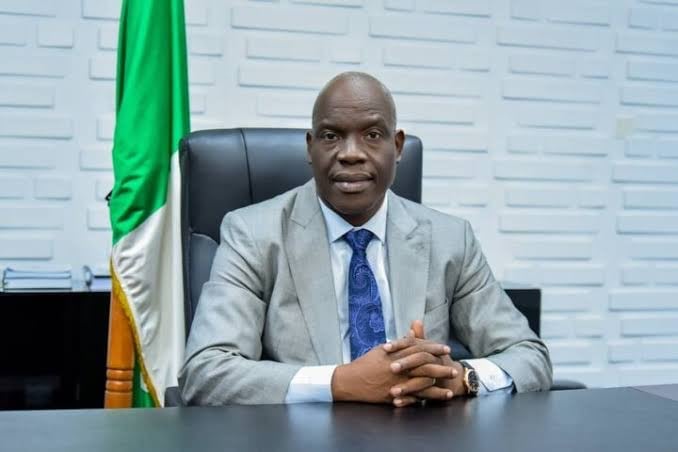
 The Chief Executive of the Nigerian Upstream Petroleum Regulatory Commission, Gbenga Komolafe, has expressed optimism that Nigeria’s crude oil output will soon witness a significant boost following the completion of a new offshore production facility.
The Chief Executive of the Nigerian Upstream Petroleum Regulatory Commission, Gbenga Komolafe, has expressed optimism that Nigeria’s crude oil output will soon witness a significant boost following the completion of a new offshore production facility.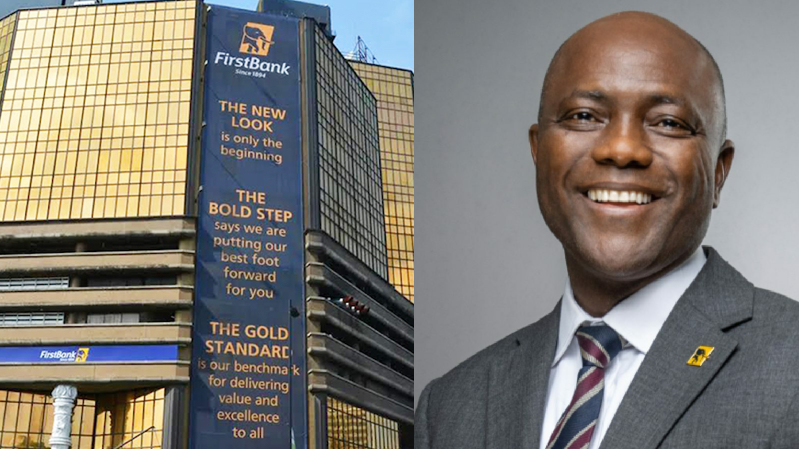


 The Academic Staff Union of Universities says it has not received the N50bn revitalisation fund the Federal Government recently claimed to have released, insisting that none of the union’s demands has been met ahead of its National Executive Council meeting slated for November 8 and 9, 2025.
The Academic Staff Union of Universities says it has not received the N50bn revitalisation fund the Federal Government recently claimed to have released, insisting that none of the union’s demands has been met ahead of its National Executive Council meeting slated for November 8 and 9, 2025.
 Genesis Energy Limited and the Nigerian National Petroleum Company Limited have announced plans to supply excess power generated from the Port Harcourt Refining Company to the national grid.
Genesis Energy Limited and the Nigerian National Petroleum Company Limited have announced plans to supply excess power generated from the Port Harcourt Refining Company to the national grid.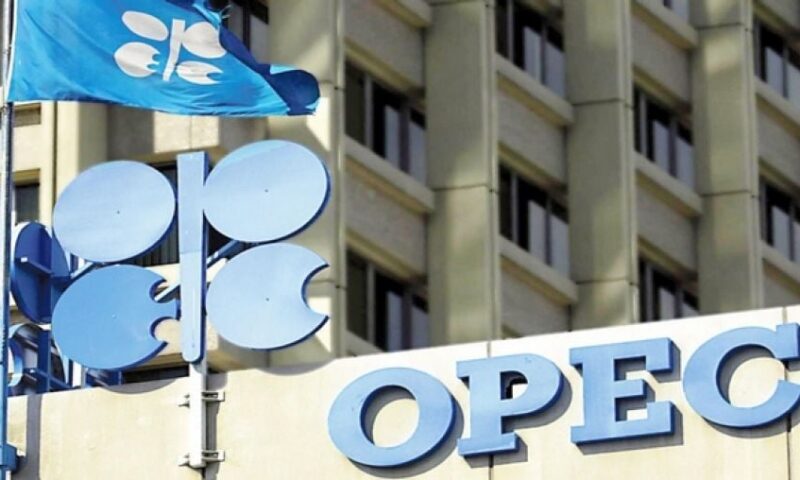
 The Chairman of the OPEC Board of Governors for 2025 has called on Nigerian oil producers to prioritise domestic refining and value creation instead of exporting raw crude.
The Chairman of the OPEC Board of Governors for 2025 has called on Nigerian oil producers to prioritise domestic refining and value creation instead of exporting raw crude.
 First HoldCo Plc has reported a profit after tax of N450.9bn for the nine months ended 30 September 2025.
First HoldCo Plc has reported a profit after tax of N450.9bn for the nine months ended 30 September 2025.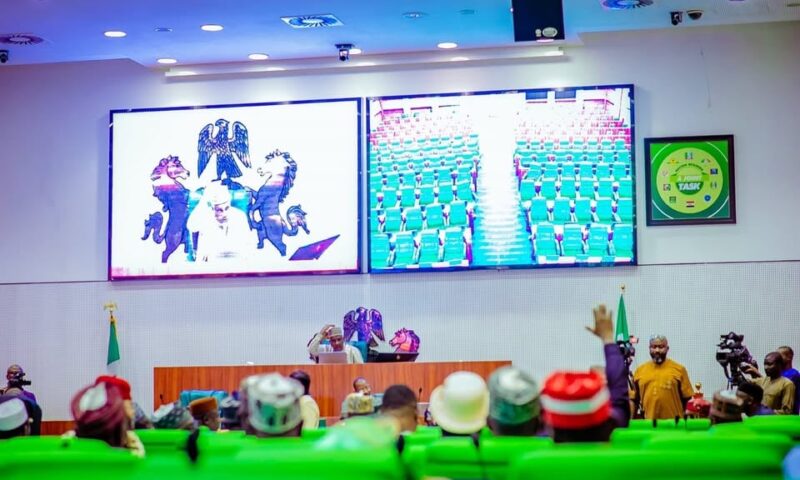
 The House of Representatives, on Tuesday, issued a seven-day ultimatum to the Minister of Finance and Coordinating Minister of the Economy, Wale Edun; the Minister of Budget and National Planning, Senator Atiku Bagudu; and the Accountant-General of the Federation, Dr Shamsudeen Ogunjimi, to clear all outstanding debts owed to indigenous contractors and commence full implementation of the 2025 budget.
The House of Representatives, on Tuesday, issued a seven-day ultimatum to the Minister of Finance and Coordinating Minister of the Economy, Wale Edun; the Minister of Budget and National Planning, Senator Atiku Bagudu; and the Accountant-General of the Federation, Dr Shamsudeen Ogunjimi, to clear all outstanding debts owed to indigenous contractors and commence full implementation of the 2025 budget.
 Nigerians will pay an additional amount of about N1tn (N973.6bn) annually on petrol imports following the Federal Government’s planned introduction of a 15 per cent import tariff on Premium Motor Spirit (petrol), a price analysis conducted
Nigerians will pay an additional amount of about N1tn (N973.6bn) annually on petrol imports following the Federal Government’s planned introduction of a 15 per cent import tariff on Premium Motor Spirit (petrol), a price analysis conducted
 Brent crude oil prices are expected to fall to an average of $60 per barrel in 2026, the World Bank has forecast, as global supply continues to outstrip demand. The decline marks a continuation of a multi-year moderation in energy prices.
Brent crude oil prices are expected to fall to an average of $60 per barrel in 2026, the World Bank has forecast, as global supply continues to outstrip demand. The decline marks a continuation of a multi-year moderation in energy prices.